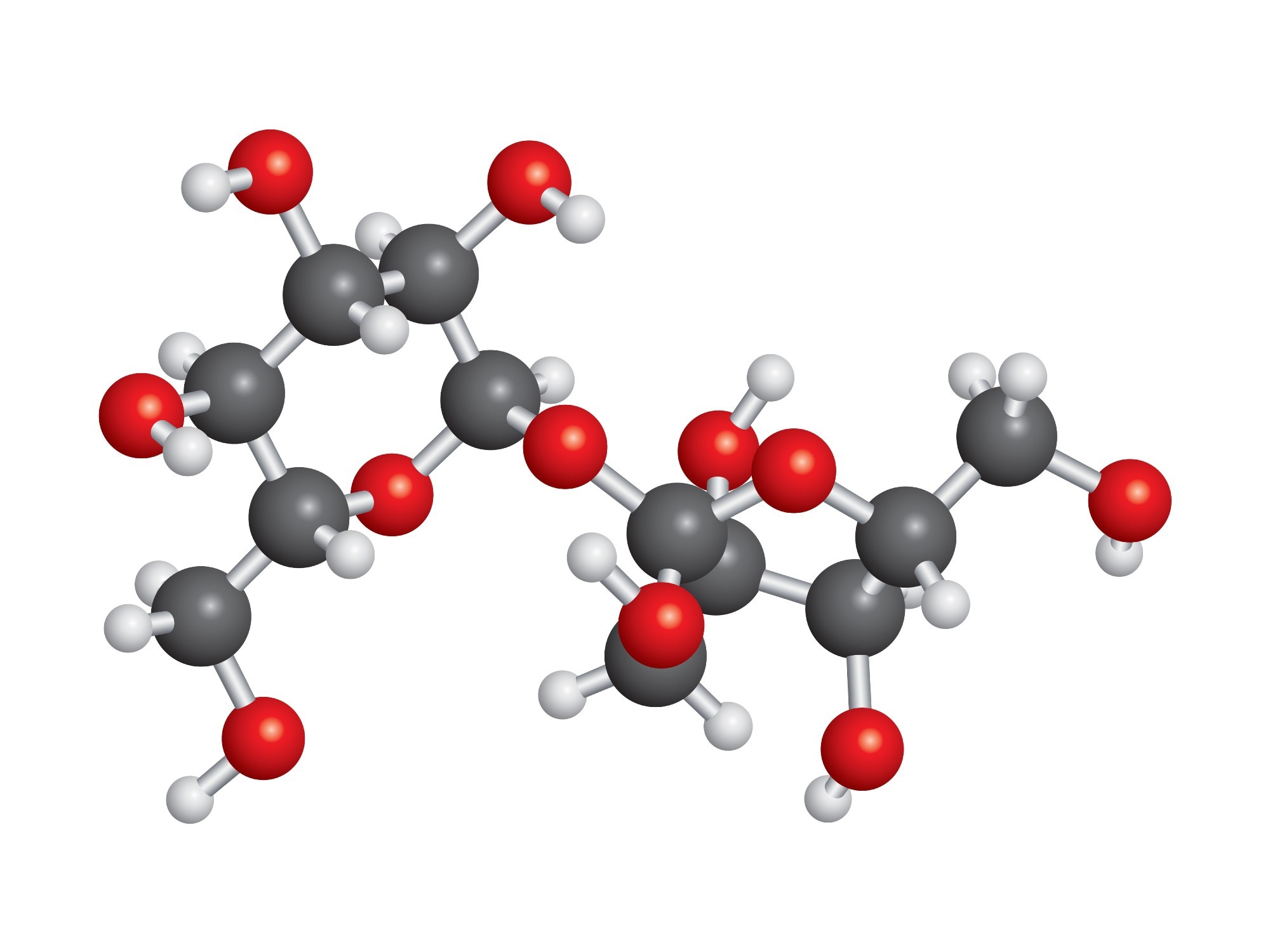Discovering the Varied Applications and Advantages of Polymers in Different Industries
Polymers, with their varied series of buildings and functionalities, have become important in different markets, each enjoying special advantages from their application. Polymers. From improving security and performance in the automobile industry to transforming medical tools in the health care industry, polymers play a pivotal role. Their eco-friendly nature is modifying the landscape of sustainability techniques. As we explore the depths of polymers in electronic devices, we reveal innovative developments, while their structural honesty transforms the realm of building and construction and framework. The pervasive influence of polymers throughout markets is a testament to their convenience and versatility, shaping the future of plenty of markets.
Automotive Market Applications
Polymers play a pivotal function in boosting the performance and longevity of different parts within the automobile field. These versatile materials are thoroughly utilized in the manufacturing of various parts, ranging from indoor parts to under-the-hood applications. One prominent use of polymers in the vehicle sector is in the production of light-weight parts. By replacing conventional steel components with polymer-based alternatives, automobiles can attain improved fuel effectiveness without endangering on strength or safety.

Healthcare Market Advantages
In different health care applications, the benefits of using polymers are commonly acknowledged for their varied array of valuable properties. Polymers play an important function in the health care market because of their flexibility, biocompatibility, and cost-effectiveness. One of the primary advantages of polymers in healthcare is their ability to be tailored to specific demands, such as flexibility, sturdiness, and biodegradability, making them optimal for a large range of clinical applications.
Polymer-based products are thoroughly utilized in medical gadgets, such as catheters, implants, prosthetics, and drug delivery systems, as a result of their biocompatibility and capacity to resemble all-natural tissues. These materials can lower the threat of allergies or rejections, enhancing patient security and outcomes. In addition, polymers are light-weight, making them suitable for wearable clinical devices and ensuring person convenience.
Additionally, polymers make it possible for the advancement of cutting-edge treatment approaches, such as hydrogels for tissue design and nanocomposites for targeted drug shipment. Their convenience of processing and sanitation makes them important for keeping high standards of hygiene in medical care settings. On the whole, the diverse advantages of polymers add significantly to improvements in clinical technology and individual treatment.
Environmental Benefits of Polymers

In addition, polymers can contribute to energy savings because of their lightweight nature. In markets such as transport, light-weight polymer products can more information aid lower gas intake and greenhouse gas emissions. Additionally, polymers can enable the development of energy-efficient products such as insulation products that enhance energy conservation in buildings.
Furthermore, polymers play a critical duty in lowering water air pollution. For instance, making use of polymer-based purification systems can properly get rid of toxins and impurities from wastewater, guarding water sources and environments. On the whole, the ecological benefits of polymers make them useful possessions in promoting sustainability and green practices across numerous markets.
Polymers in Electronics and Technology
Considering the increasing need for ingenious and sustainable remedies in contemporary markets, the integration of innovative polymer modern technologies in the realm of electronic devices and innovation has actually become a critical strategy for driving effectiveness and performance. Polymers have actually transformed the electronic devices market by making it possible for the production of lighter, more versatile, and durable digital devices. From smart devices to medical gadgets, polymers play a critical function in boosting product style and functionality.
One considerable advantage of polymers in electronics is their shielding buildings, which assist shield delicate digital parts from environmental aspects continue reading this and electrical interference. In addition, polymers are vital in the growth of flexible screens, wearable modern technology, and printed electronics, supplying endless possibilities for developing clever and interconnected devices.
In addition, using polymers in digital packaging has caused advancements in miniaturization and thermal administration, enhancing the total efficiency and reliability of electronic systems. As technology proceeds to evolve, the adaptability and flexibility of polymers will undoubtedly drive even more advancement in the electronic devices sector, forming the future of modern technology.
Duty of Polymers in Construction and Infrastructure
Polymers offer various advantages in the building market due to their flexibility, toughness, and cost-effectiveness. One crucial role of polymers in construction is their usage in finishes and sealants, providing security against ecological factors such as dampness, UV radiation, and rust.
Moreover, polymers play a crucial duty in sustainable building and construction methods by enabling the advancement of energy-efficient structures. Protecting materials made from polymers assist regulate interior temperature levels, minimizing the requirement for heating and cooling down systems and inevitably decreasing energy intake. The usage of polymer-based composites in framework projects such as bridges and roads improves their longevity and decreases upkeep prices. In general, the unification of polymers in construction and facilities displays their significant influence on modern-day design methods.
Verdict
In verdict, polymers play a vital function in different industries such as auto, medical care, environmental, electronics, and building and construction. From boosting fuel efficiency in lorries to boosting clinical gadgets, polymers offer countless benefits.
Comments on “Polymers in Building And Construction: Stronger, Less heavy, and Extra Sturdy”